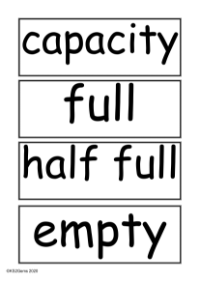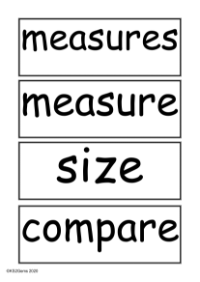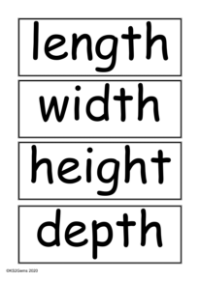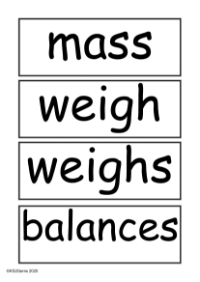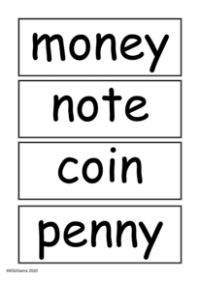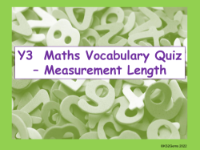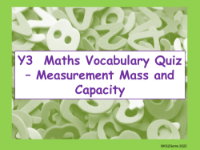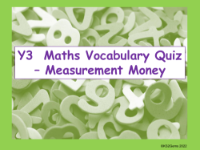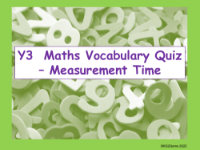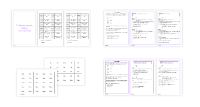Vocabulary - Time
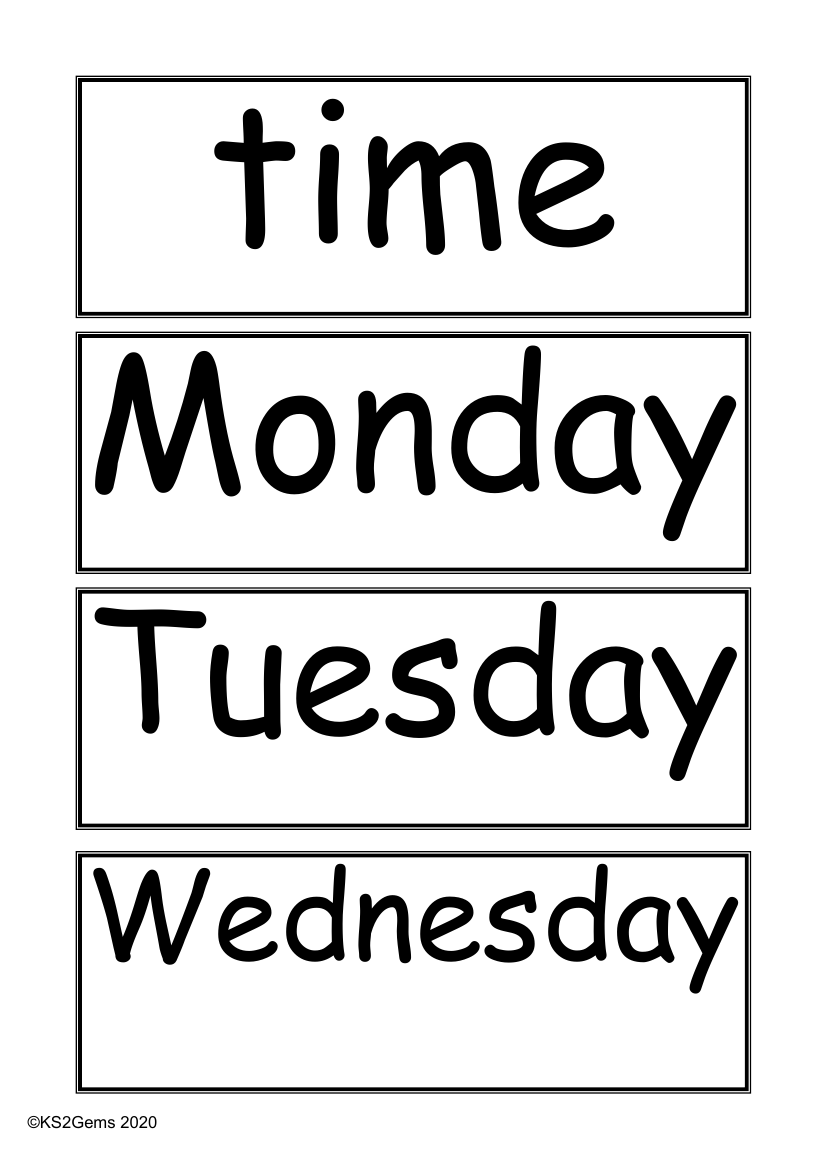
Maths Resource Description
The vocabulary associated with time is essential for students to understand and use in their daily lives. This includes the days of the week, starting with Monday and ending with Sunday, which together make up a week. In addition to the seven days, there are twelve months in a year, beginning with January and concluding with December. These months are grouped into the four seasons: Spring, Summer, Autumn, and Winter. Understanding these terms helps students organise their schedules and comprehend the passage of time throughout the year.
Time-related vocabulary also encompasses broader and more specific terms. For example, a 'day' is a 24-hour period, while a 'year' consists of 365 days, or 366 in a leap year. A 'century' spans one hundred years. The word 'fortnight' refers to a period of two weeks. The 'weekend' is commonly the end of the week, including Saturday and Sunday. Other terms like 'am' and 'pm' distinguish between the hours before and after midday. Time-telling vocabulary includes 'o'clock', 'half past', 'quarter to', and 'quarter past'. Students also learn words that describe the relative speed of events, such as 'quick', 'fast', 'slow', and their comparative and superlative forms, as well as adverbs like 'quickly' and 'slowly'. Additionally, they learn terms for various points in the day, such as 'morning', 'afternoon', 'evening', and 'night', as well as social times like 'bedtime', 'dinnertime', and 'playtime'. This vocabulary is fundamental for students to communicate about and understand the concept of time in their everyday interactions and learning activities.
